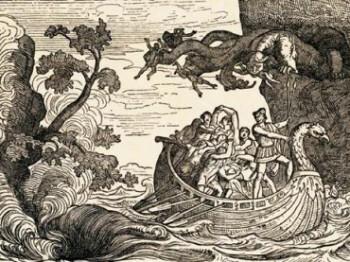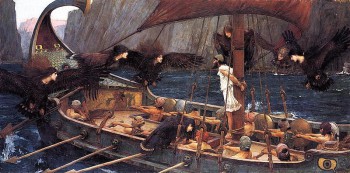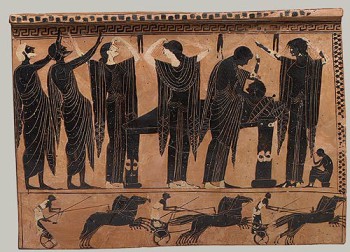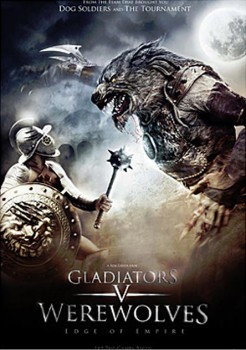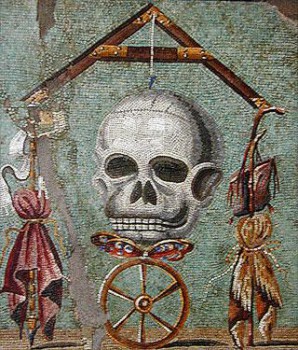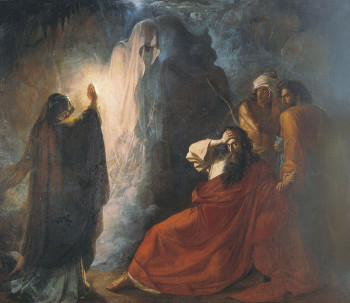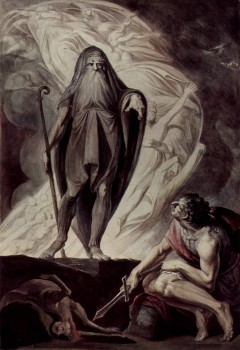Ancient Worlds: Apples, Cattle, and Big Red Buttons

“I really don’t know who I am. I don’t know when to stop. So if I see a great, big, threatening button which should never ever ever be pressed, then I just want to do this. <presses button>” ~Doctor Who, “The Christmas Invasion”
It’s the oldest story in the world.
(Literally, depending on who and what you believe. As a mother of small children, I think there is a reason for that.)
Person A (A god. A parent. A fairy godmother.) tells Person B (A hero. A child. An archangel.), “Everything is great. And everything will be great. As long as you don’t (Eat the apple. Open the box. Push the big shiny red button.).”
The minute the prohibition is given, we know what’s going to happen. What has to happen. Because it’s the nature of story and because it’s human nature.
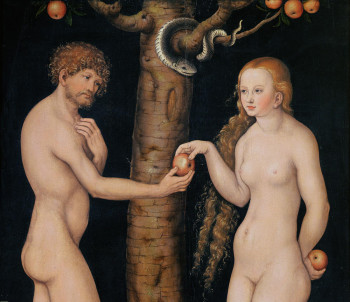
And because, of course, if no one pushes the big threatening button, there’s no story, is there.
